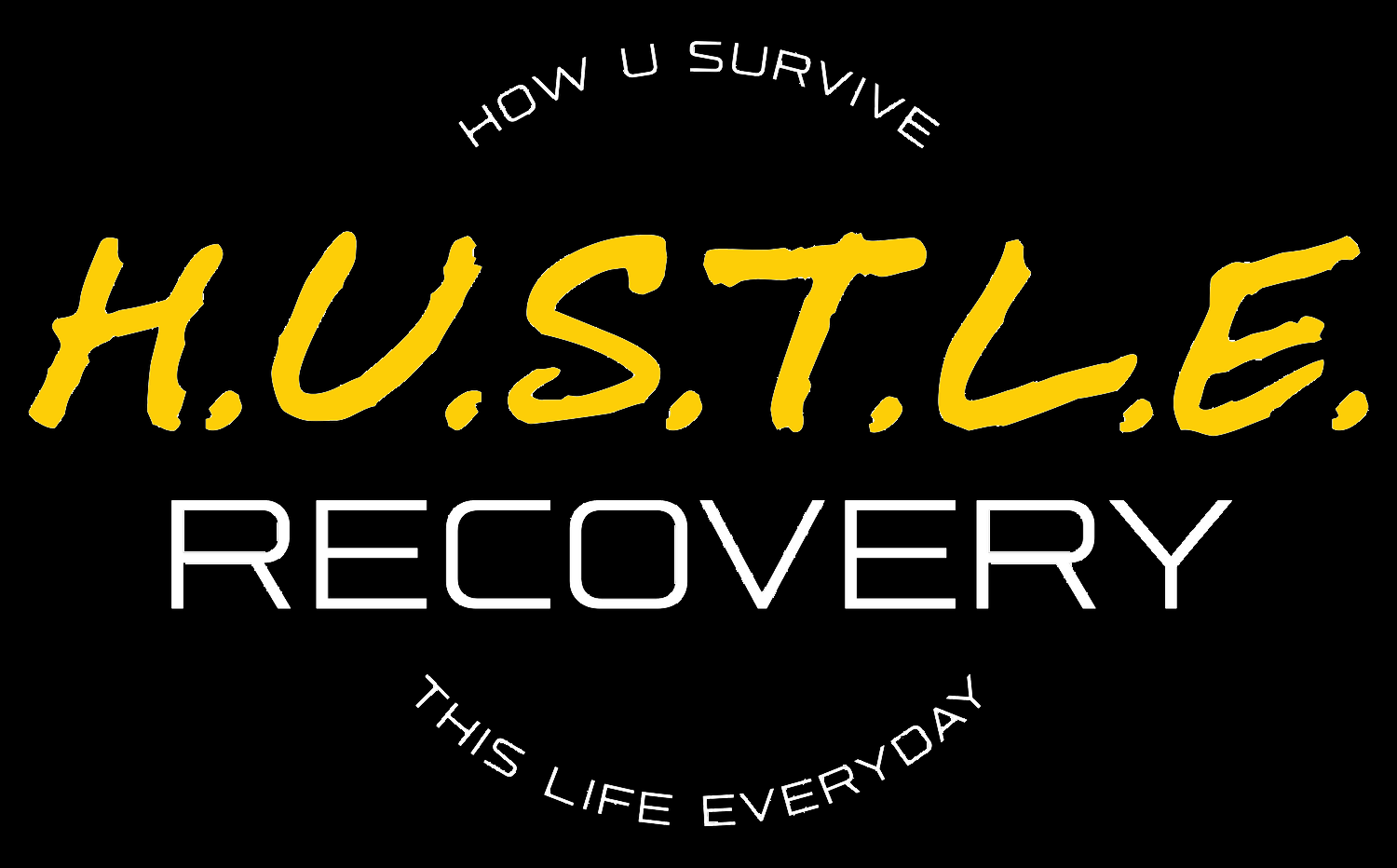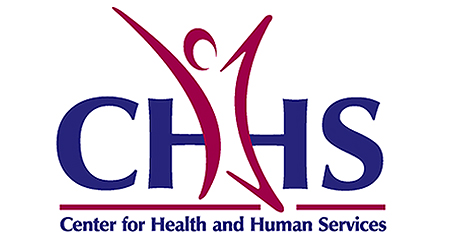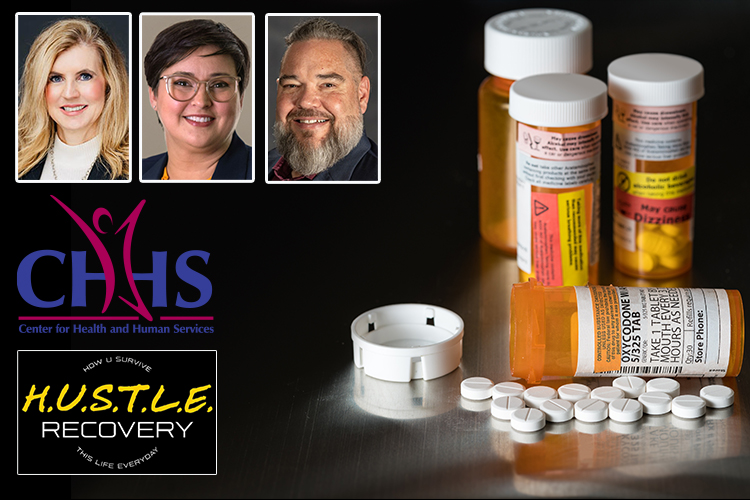MURFREESBORO, Tenn. — Tennesseans will have a better chance at recovering from opioid addiction through three grants totaling more than $9.1 million that was awarded to Middle Tennessee State University’s Center for Health and Human Services by the Tennessee Opioid Abatement Council.

These three-year grants are included in the 116 projects the Tennessee Opioid Abatement Council has approved for funding as part of the first cohort to receive state dollars from lawsuits related to the opioid crisis.
The Tennessee Opioid Abatement Council was established by the Tennessee General Assembly to decide how to best utilize dollars received from lawsuits related to the opioid crisis.
“MTSU Center for Health and Human Services has an opportunity to reach countless Tennesseans struggling with opioid addiction through this funding,” said David Butler, vice provost for research and dean of the College of Graduate Studies, who provides oversight of CHHS. “It is within the mission of the university to serve our local communities and these grants along with others secured by CHHS are one way to do that.”

The grants — awarded to every state — were made in the areas of treatment, recovery support, primary prevention, education and training, harm reduction, and research and evaluation with one-, two-, and three-year project periods.
CHHS staff members have experience with the pressing public health crisis of opioid addiction and are eager to continue to be part of the solution.
“The opioid crisis in this country continues and it is heartbreaking,” said CHHS director Cynthia Chafin. “CHHS has been successful with several opioid-focused grants over the last five years, which have set the stage for us to do more.
“We are eager to continue that work to be able to reach even more people who need help for opioid addiction, maybe even saving lives.”
Focus of grant funding
Each of the three grants has a different focus, with the MTSU Data Science Institute engaged in all three grants as a CHHS project partner.

Two grants are in partnership with Hustle Recovery, a Tennessee-based organization whose mission is to provide a safe and sober living community where clients can grow physically, spiritually and emotionally with the support of others.
“The funds will support the expansion of respite housing for those who need opioid addiction treatment and are waiting for treatment beds to open, along with infrastructure support to expand Hustle Recovery’s other services such as residential aftercare and transportation support,” explained Sarah Gwinn, CHHS outreach specialist and pre-award grant coordinator whose duties include grant writing and proposal development for CHHS.

While Hustle Recovery will provide direct services, CHHS will have a dedicated staff to coordinate all the pieces of the three grants — including the Hustle Recovery community partnership.
“Respite housing fills a major gap in our state’s current continuum of care and is integral to long-term recovery success,” says Troy Sandifer, executive director of Hustle Recovery. “Thanks to MTSU, we have an opportunity to do what we do best by providing recovery services, while MTSU CHHS focuses on grant management, data collection, evaluation and reporting.”
With grant funds, six new respite housing facilities will be opened with two separate houses for men and women in each of the three Tennessee grand divisions — West, Middle, and East. In addition, aftercare services will be expanded and include transitional/supportive housing, transportation and financial assistance for continued medical-assisted treatment, counseling, support group connections, job training access and other wrap-around services.

“We are excited about the opportunity to provide respite housing as well as expansion of our residential aftercare program, including transportation services,” Sandifer said.
The third grant will support infrastructure for the expansion of the CHHS Office for Prevention Science and Recovery to provide resources for Tennessee opioid abatement fund recipients seeking assistance with evaluation, data and research needs, or technical assistance.
For more information on MTSU’s Center for Health and Human Services or to learn how the center can help meet your organization’s research, training or education needs — contact Chafin at Cynthia.Chafin@mtsu.edu or visit the center’s website at http://mtsu.edu/chhs/.
About the MTSU Center for Health and Human Services

The Center for Health and Human Services, through collaborative affiliations and partnerships, facilitates projects, programs and research activities in public health issues of importance to Tennessee and to that of the nation, consistent with the mission and purpose of MTSU.
The center has conducted research and programming in all 95 counties throughout its 31-year history. The center was initially founded by the Adams Chair of Excellence in Health Care Services in 1993. The CHHS relies primarily on external funding for its operations and actively seeks internal and external partners to fulfill its vision and mission for a healthier Tennessee.


COMMENTS ARE OFF THIS POST